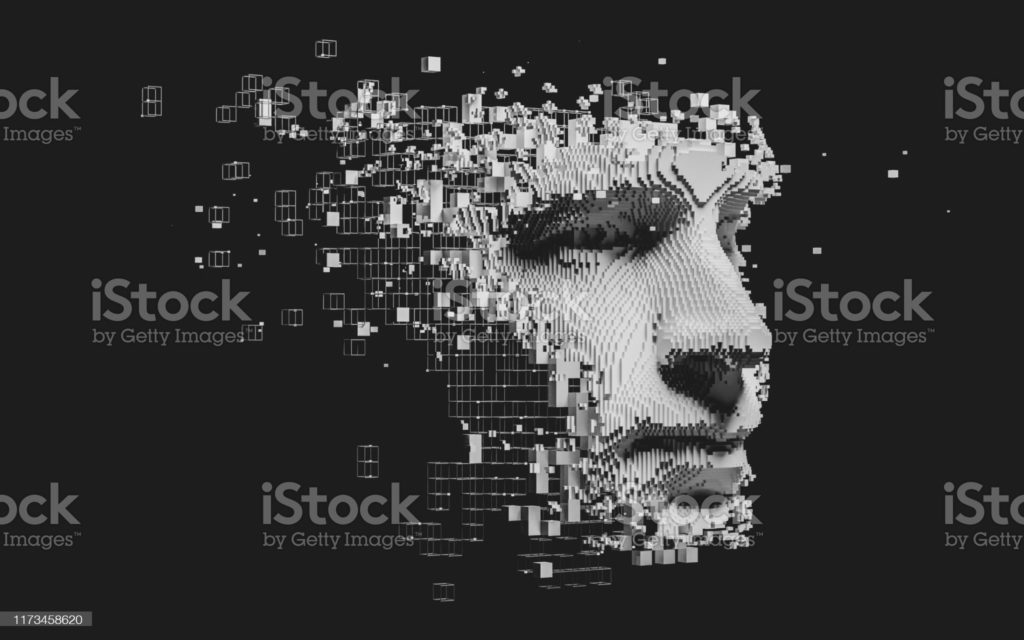Introduction
Artificial intelligence (AI) has revolutionized the way we live, work and communicate. From virtual assistants to self-driving cars, AI is transforming industries and changing our daily lives. One area where AI is rapidly advancing is in the field of intellectual property (IP) rights. As AI becomes more sophisticated, the question of who owns the rights to AI-generated works is becoming increasingly complex.
At its core, intellectual property is about protecting the creations of human minds. Traditionally, this has included works such as books, music, and artwork. However, as AI continues to evolve, it is increasingly capable of creating original works of its own. This raises the question of who owns the rights to these works. Is it the person who created the AI, the person who trained the AI, or the AI itself?
The answer to this question is not clear-cut, and there is no universal approach. However, we can explore some of the current thinking and legal frameworks that are emerging in this space.
Ownership of AI-generated works
One of the main challenges in determining ownership of AI-generated works is that the creation process is often a collaborative effort. For example, a team of developers may create an AI system, while another team trains the system to produce a particular output. In this scenario, it is not clear who owns the rights to any works generated by the AI.
In many cases, the answer will depend on the terms of any agreements or contracts between the parties involved. For example, if the developers and trainers have a clear agreement in place regarding ownership of any outputs, this will provide some clarity.
However, if there is no clear agreement in place, things become more complex. In some cases, the law may recognize the developers as the owners of the AI-generated works, as they are considered the creators of the AI system itself. In other cases, the trainers may be recognized as the owners of any works generated by the AI, as they are the ones who provided the input and guidance that led to the output.
Current Legal Framework
Currently, the legal framework for intellectual property rights of AI-generated works is not well established. In the United States, the Copyright Office has taken the position that copyright protection is only available to works that are created by humans. This means that AI-generated works are not eligible for copyright protection.

However, in some countries, such as the United Kingdom and Ireland, the law does provide for copyright protection for AI-generated works. In these countries, the law recognizes the creator of the work as the owner of the intellectual property rights, regardless of whether the work was created by a human or a machine.
Patent law is similarly unclear when it comes to AI-generated works. The US Patent and Trademark Office (USPTO) has indicated that patents can be granted for AI-generated inventions, as long as they meet the same criteria as human-created inventions. However, there is still a lack of clarity around how to identify the inventor of an AI-generated invention.
Trade secret law may provide the most protection for AI-generated works. Trade secrets are confidential information that provides a competitive advantage to a business. If a business uses AI-generated works as part of their operations, they may be able to protect those works as trade secrets.
In the case of AI-generated works, it is not always clear whether copyright or patent laws apply. For example, if an AI system creates an original piece of music, is this music protected by copyright or patent law? The answer may depend on the specific circumstances of the creation process.
Some legal frameworks are starting to emerge that attempt to address these issues. For example, the European Union recently proposed a framework for the legal protection of AI-generated works. This framework proposes that AI-generated works be considered as “intellectual creations” and be protected by copyright law. However, the framework also recognizes the need to adapt existing copyright laws to account for the unique nature of AI-generated works.
Conclusion
As AI technology continues to advance, the legal framework for intellectual property rights of AI-generated works will need to evolve. While current laws in some countries do provide protection for AI-generated works, the law is not well established in many jurisdictions. As such, it is important for businesses and creators to consult with legal professionals to understand the risks and protections available when it comes to AI-generated works. As AI becomes more integrated into our lives, the law will need to keep pace to ensure that creators are properly rewarded for their efforts and innovation.